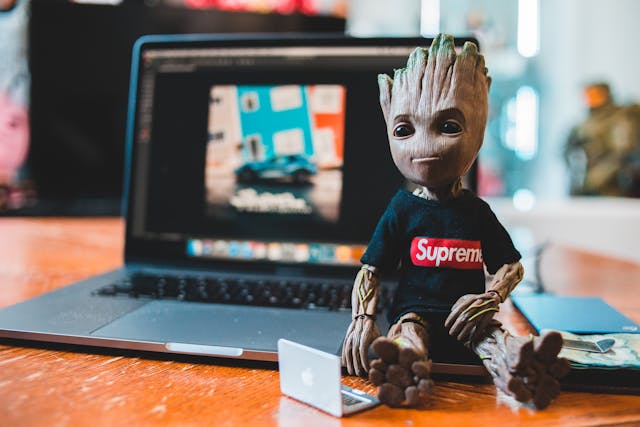Marvel movies aren’t just about epic battles and heroic deeds—they’re also a treasure trove of idiomatic expressions that add depth and richness to the dialogue. From memorable catchphrases to subtle linguistic nuances, the Marvel Cinematic Universe (MCU) is teeming with idioms that have become ingrained in popular culture.
In this article, we’ll explore the top 10 idioms from Marvel movies, unraveling their meanings and significance within the context of the cinematic universe.

1. “With Great Power Comes Great Responsibility” – Spider-Man (2002)
Originating from Uncle Ben’s sage advice to Peter Parker, this iconic idiom embodies the core ethos of superheroism. It emphasizes the moral obligation that accompanies extraordinary abilities, serving as a reminder that power must be wielded responsibly.
2. “Hulk Out” – Various Marvel Movies
The phrase “Hulk out” has become synonymous with losing control and unleashing one’s inner rage, much like Bruce Banner transforming into the Hulk. This idiom captures the explosive nature of anger and the consequences of unchecked emotions.
3. “The Tesseract is a Pandora’s Box” – The Avengers (2012)
In describing the Tesseract as a “Pandora’s box,” characters in The Avengers warn of the dangerous and unpredictable consequences of meddling with unknown forces. This idiom alludes to the mythical box containing all the world’s evils, symbolizing the potential for calamity and chaos.
4. “We’re in the Endgame Now” – Avengers: Infinity War (2018)
Doctor Strange’s cryptic declaration, “We’re in the endgame now,” signals a pivotal moment in the battle against Thanos. This idiom refers to the final stage of a complex process or plan, implying that the end is near and decisive action is required.
5. “Bite the Bullet” – Captain America: The First Avenger (2011)
When Steve Rogers decides to undergo the Super-Soldier Serum procedure, Dr. Erskine encourages him to “bite the bullet” and endure the pain for the greater good. This idiom urges individuals to face adversity with courage and fortitude, regardless of the challenges ahead.
6. “Let’s Kick Some Hydra Butt” – Captain America: The Winter Soldier (2014)
As Captain America and his team prepare to confront Hydra, Black Widow’s rallying cry encapsulates their determination to defeat the enemy. This idiom evokes the spirit of bravery and camaraderie in the face of adversity, inspiring teamwork and unity.
7. “Eyes on the Prize” – Iron Man (2008)
Tony Stark’s mantra, “Eyes on the prize,” reflects his unwavering focus and determination to achieve his goals, even in the face of obstacles. This idiom encourages individuals to remain focused on their objectives and not be distracted by peripheral concerns.
8. “Suit Up” – Iron Man (2008)
Tony Stark’s command to “suit up” before donning his Iron Man armor has become a rallying cry for action and preparation. This idiom signifies readiness and determination, urging individuals to prepare themselves for whatever challenges lie ahead.
9. “Pull the Trigger” – Various Marvel Movies
The expression “pull the trigger” is often used in Marvel movies to signify making a decisive and irrevocable decision. Whether it’s activating a weapon or initiating a plan, this idiom emphasizes the importance of taking action and committing to a course of action.
10. “Keep Your Cards Close to Your Chest” – Avengers: Age of Ultron (2015)
When Nick Fury advises Maria Hill to “keep your cards close to your chest,” he’s cautioning her to maintain secrecy and caution in a dangerous situation. This idiom advises individuals to be cautious and strategic in their dealings, guarding their intentions and vulnerabilities.
Conclusion: The Marvelous Language of Heroes
As we’ve seen, Marvel movies are not only epic adventures of superheroic proportions but also a rich source of idiomatic expressions that resonate with audiences worldwide. From iconic catchphrases to subtle linguistic nuances, these idioms add depth and complexity to the dialogue, enriching the storytelling experience. So, the next time you watch a Marvel movie, pay attention to the idiomatic marvels hidden within the dialogue—they’re a testament to the power of language in shaping our perception of heroes and villains alike.

